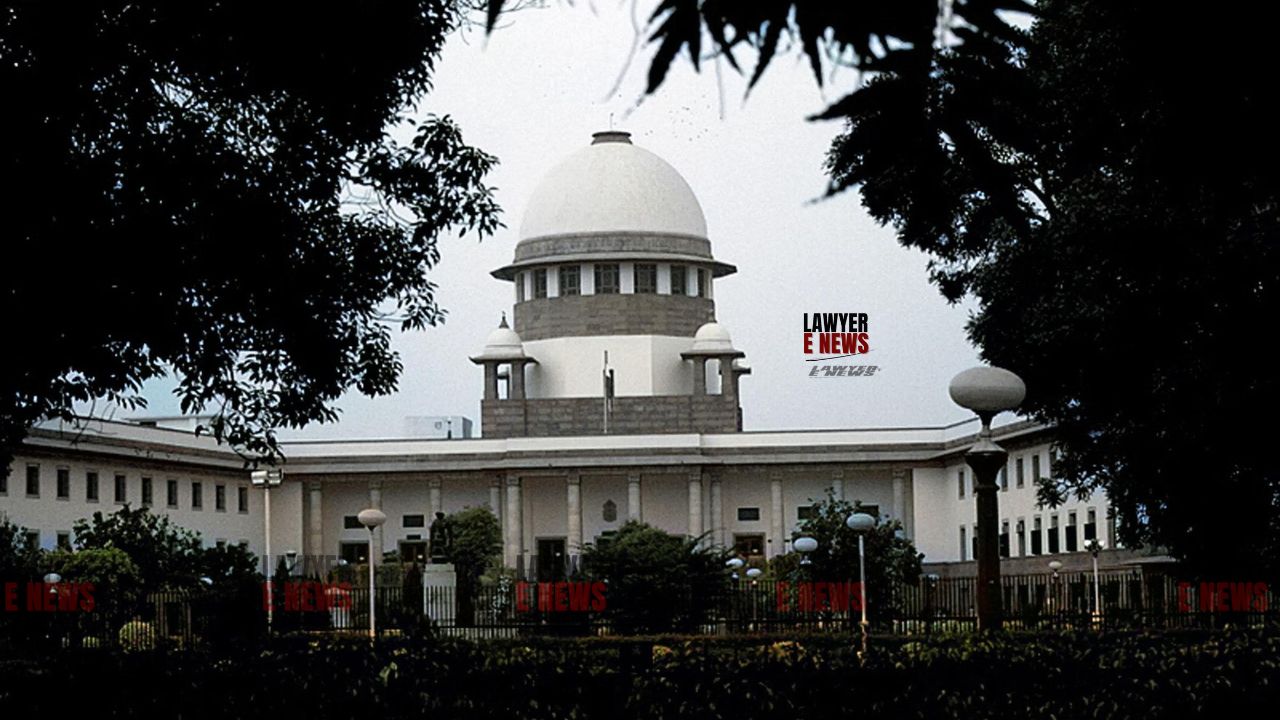-
by sayum
14 February 2026 2:22 PM



Apex Court underscores the importance of judicial discipline and comity, deletes unwarranted observations made by Punjab and Haryana High Court Judge. In a significant ruling, the Supreme Court of India has expunged controversial remarks made by Justice Rajbir Sehrawat of the Punjab and Haryana High Court, highlighting the importance of maintaining judicial discipline and comity within India's hierarchical judicial system. The apex court emphasized that the remarks were not only unnecessary but also had the potential to undermine the dignity of the judiciary at multiple levels.
The controversy arose from an order dated July 17, 2024, issued by Justice Sehrawat in the context of a contempt proceeding titled Naurty Ram v Devender Singh IAS and Anr. During these proceedings, Justice Sehrawat made several observations concerning the Supreme Court, which were later deemed inappropriate and beyond the necessary scope of the case.
The Supreme Court reiterated the principles governing the relationship between the High Courts and the Supreme Court, asserting the importance of judicial discipline. The court underscored that the hierarchical nature of the judicial system is intended to preserve the dignity of all judicial institutions, including the Supreme Court, High Courts, and District Courts. "Compliance with the orders passed by the Supreme Court is not a matter of choice, but a matter of bounden constitutional obligation," the bench observed, reaffirming that no judge should feel personally aggrieved by the orders of a superior court.
The Supreme Court found the remarks made by Justice Sehrawat to be entirely unwarranted, stressing that they did not contribute to the resolution of the case at hand. The bench, led by Chief Justice Dr. Dhananjaya Y. Chandrachud, noted that such observations could bring the judicial machinery into disrepute, thereby affecting the dignity of both the Supreme Court and the High Courts.
In its judgment, the Supreme Court formally expunged the contentious remarks made by Justice Sehrawat, while also expressing a degree of restraint in its response. The court recognized that the Division Bench of the Punjab and Haryana High Court, presided over by the Chief Justice, had already taken suo motu notice of the situation and stayed the operation of the Single Judge’s order.
The bench’s decision to expunge the remarks was driven by the need to maintain the sanctity of the judicial process. The Supreme Court highlighted that judges, while interpreting the law, must exercise caution and restraint, especially in an era where judicial proceedings are closely scrutinized by the public, including through live streaming.
Chief Justice Chandrachud remarked, "No Judge is personally affected by the orders passed either by the Division Bench of the High Court or, as the case may be, by the Supreme Court. Judicial discipline and the comity of courts are essential for the functioning of a fair and effective judicial system."
The Supreme Court's decision to expunge the remarks serves as a reminder of the importance of judicial restraint and discipline. This ruling is expected to reinforce the principles of judicial hierarchy and respect among courts, ensuring that the dignity of all judicial institutions is upheld. The case also highlights the delicate balance that judges must maintain in their observations to protect the integrity of the judiciary.
Date of Decision: August 7, 2024
In Re: Order of Punjab and Haryana High Court dated 17.07.2024 and Ancillary Issues
